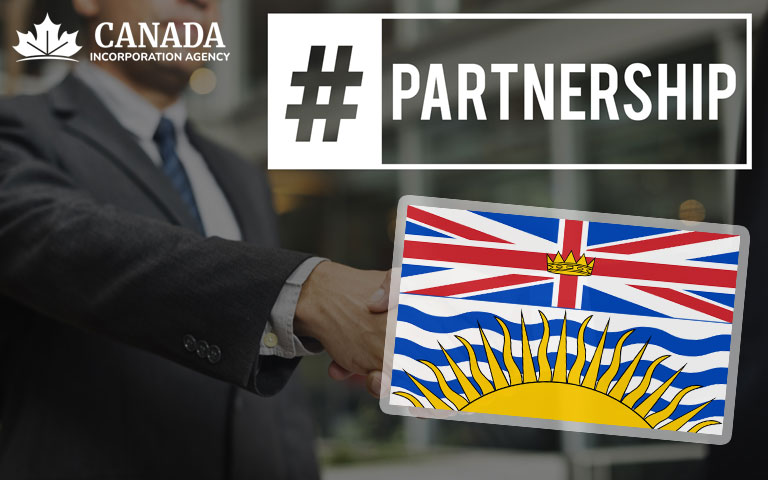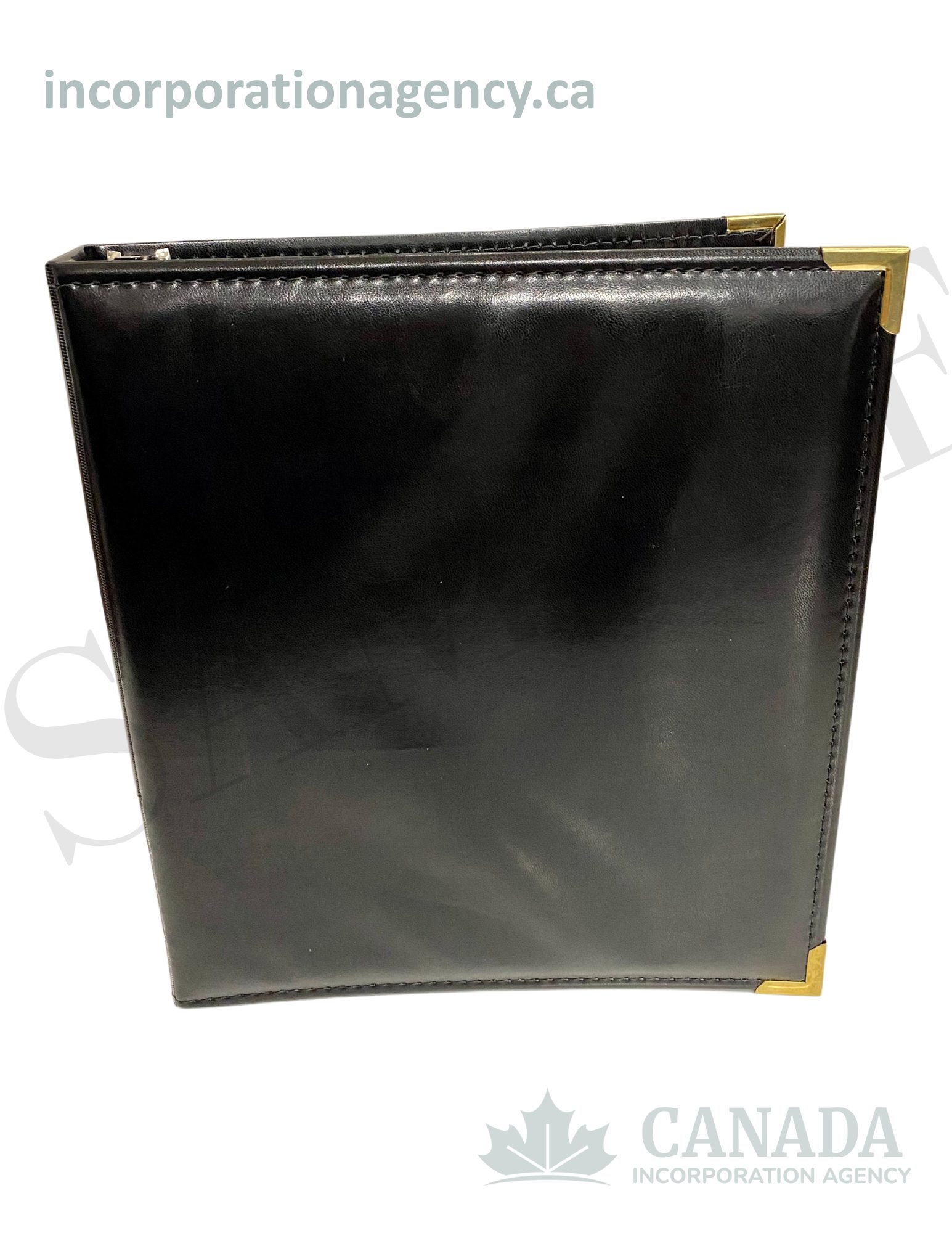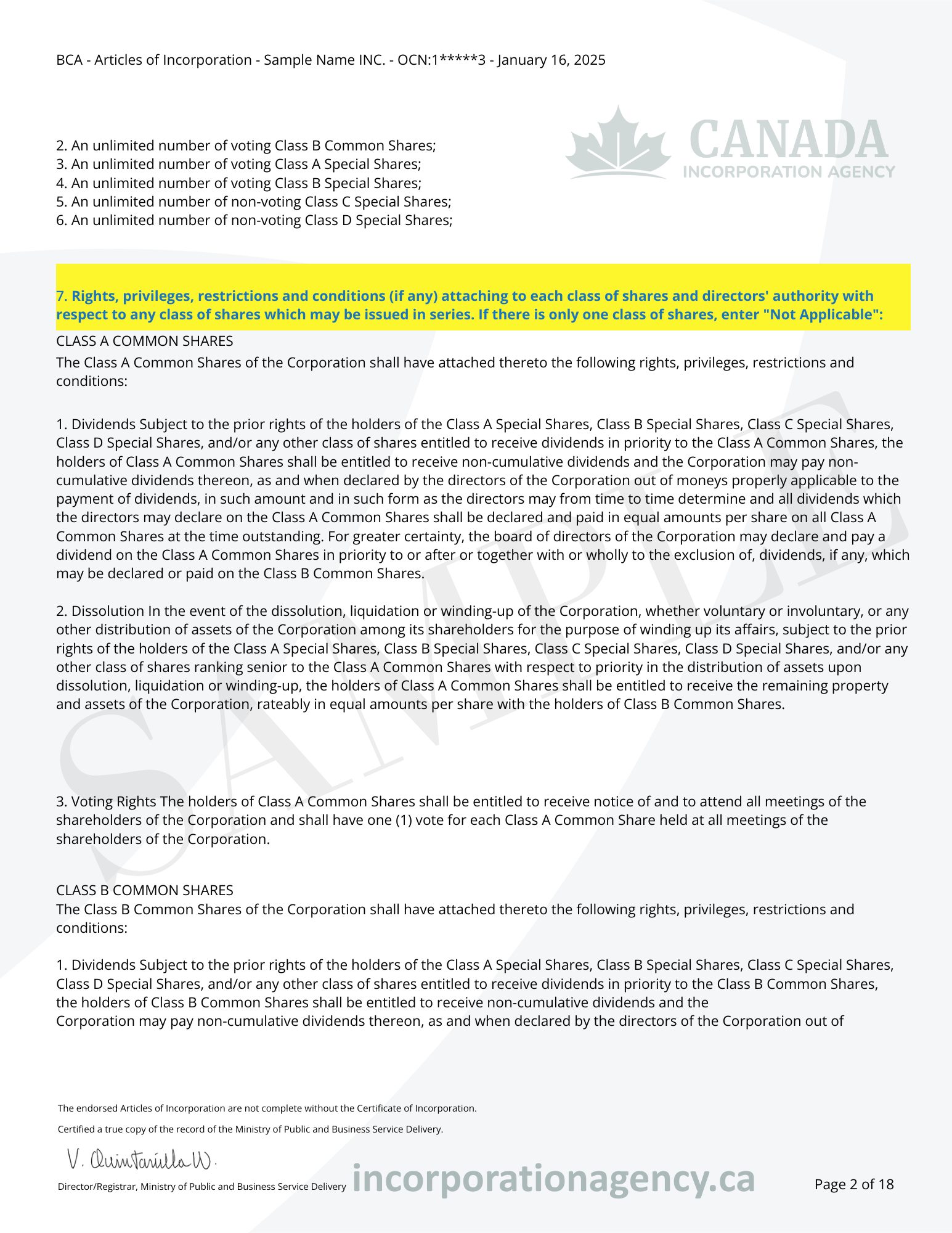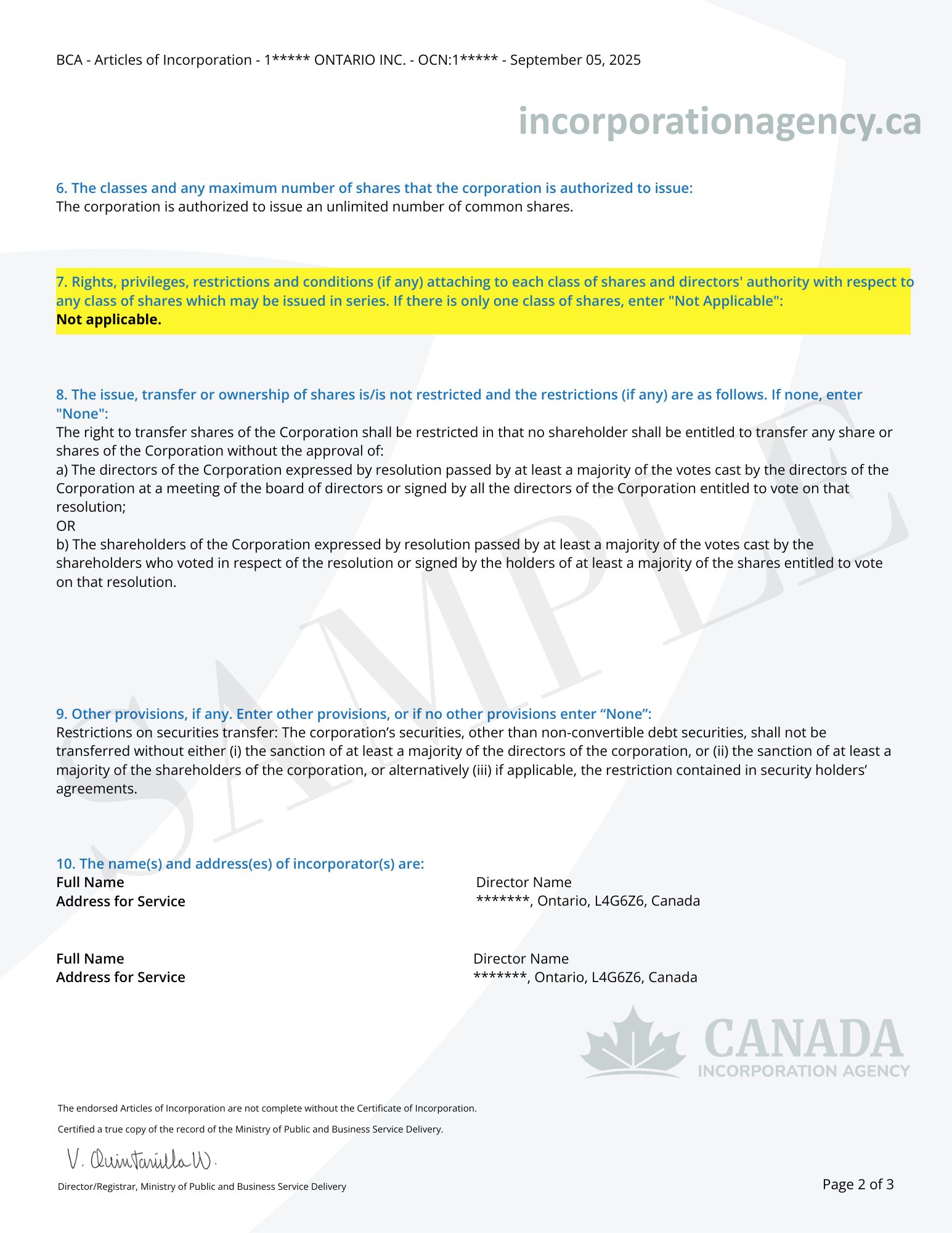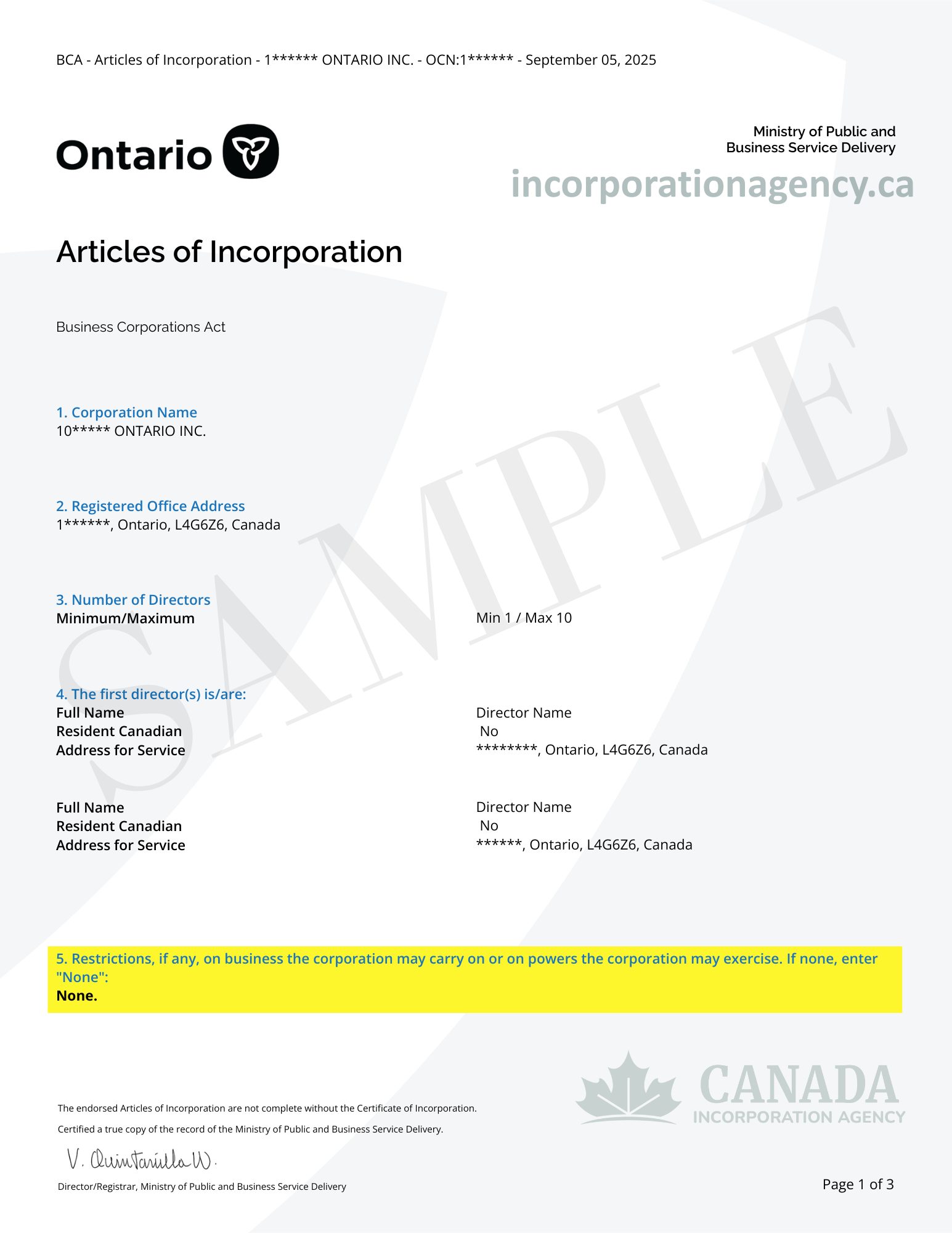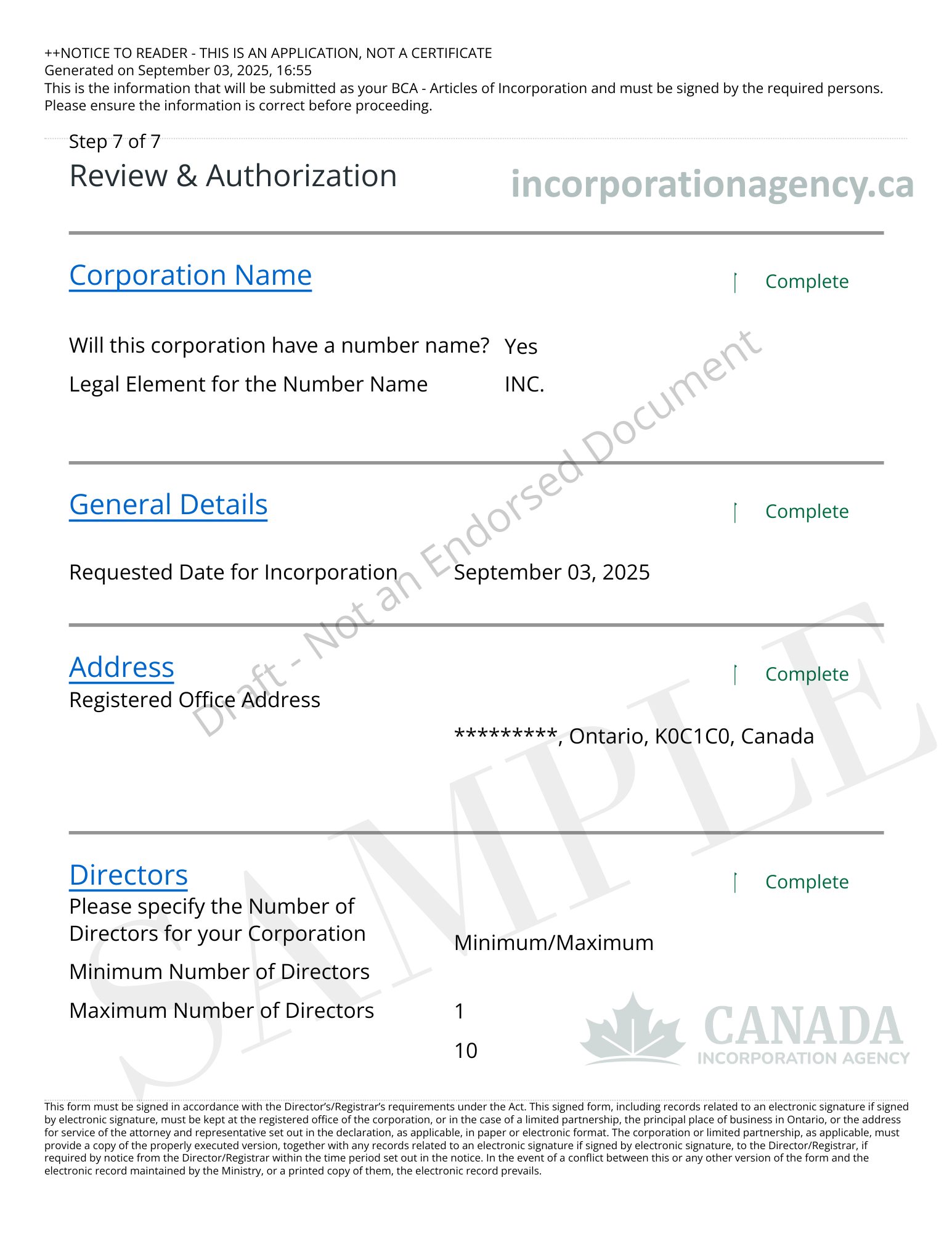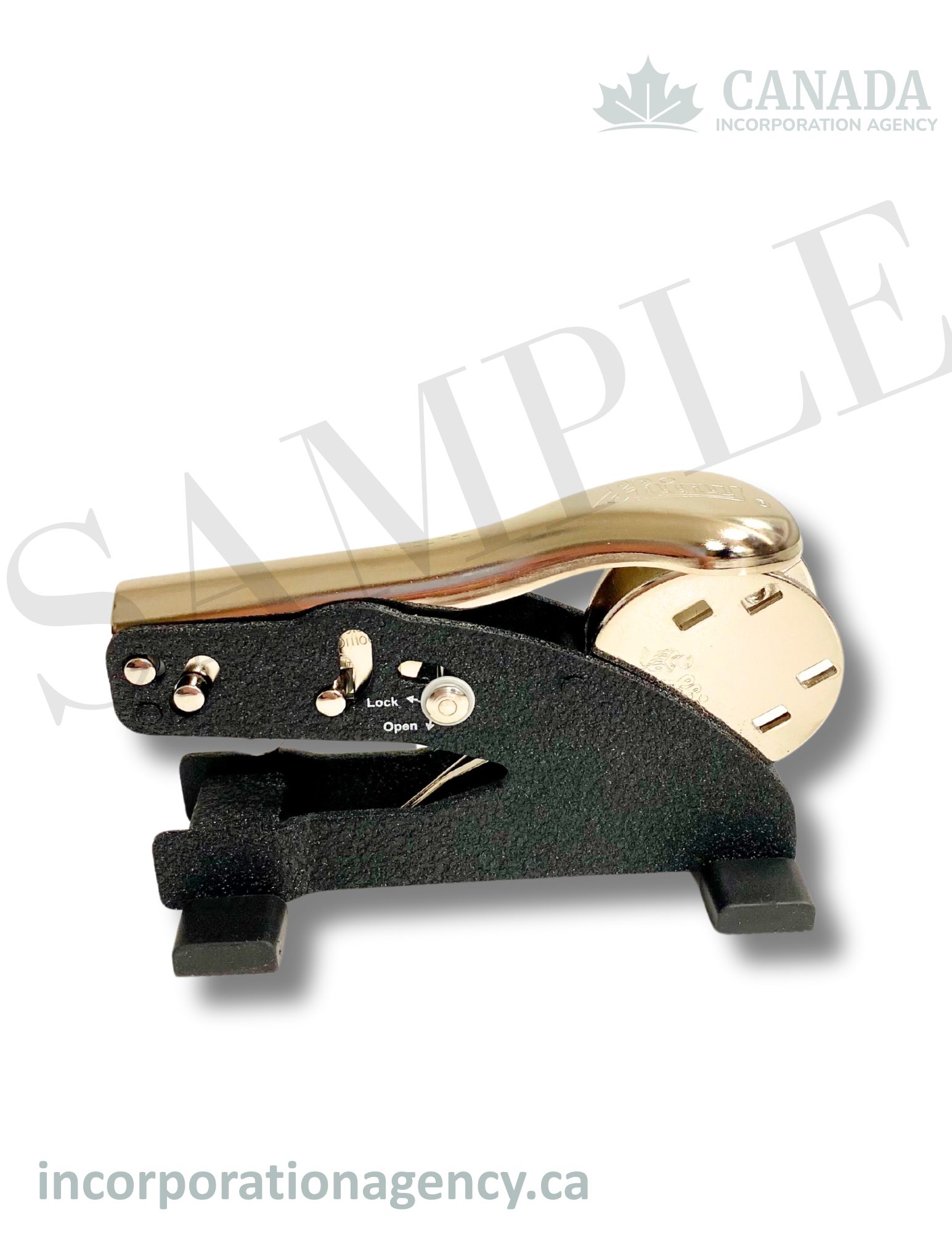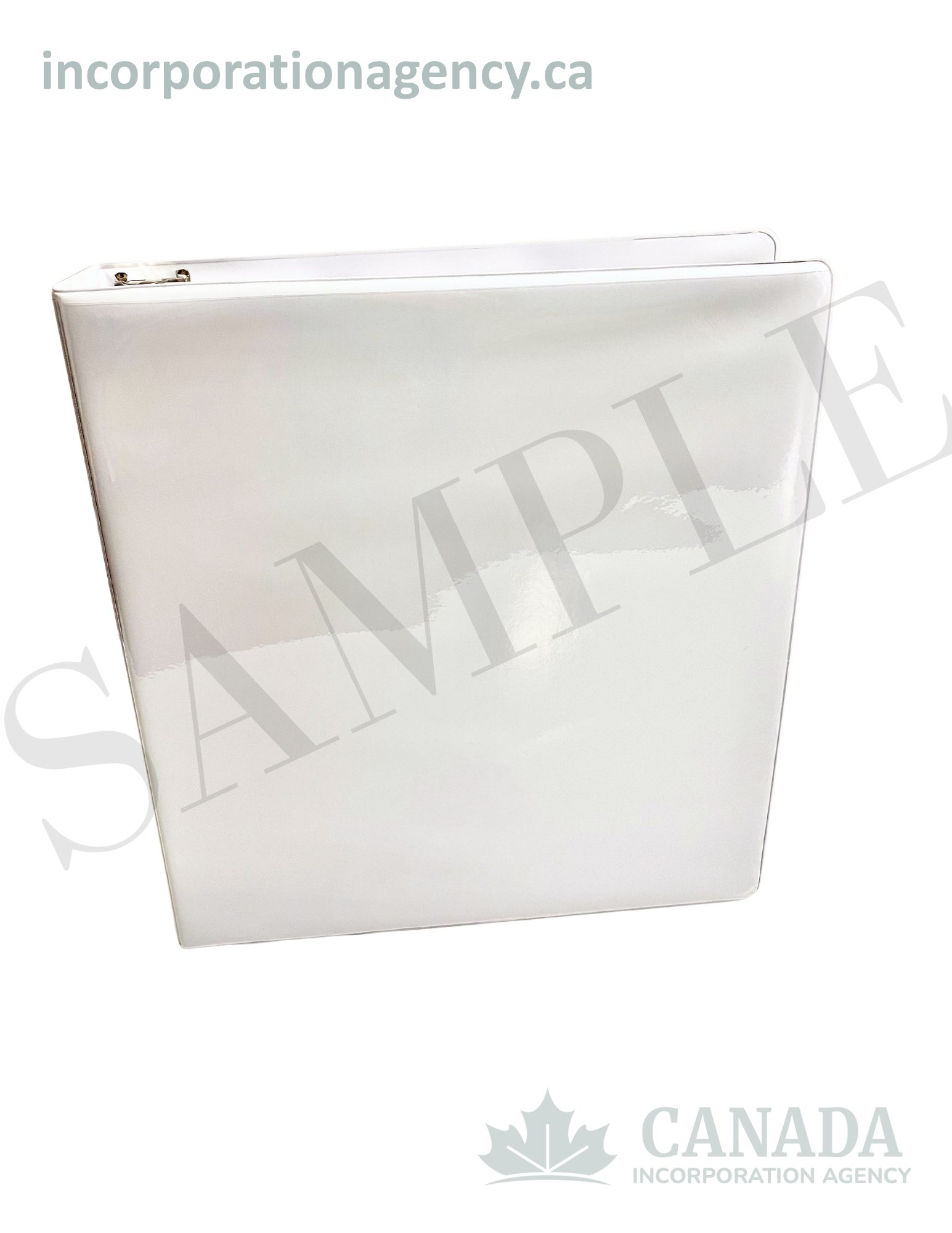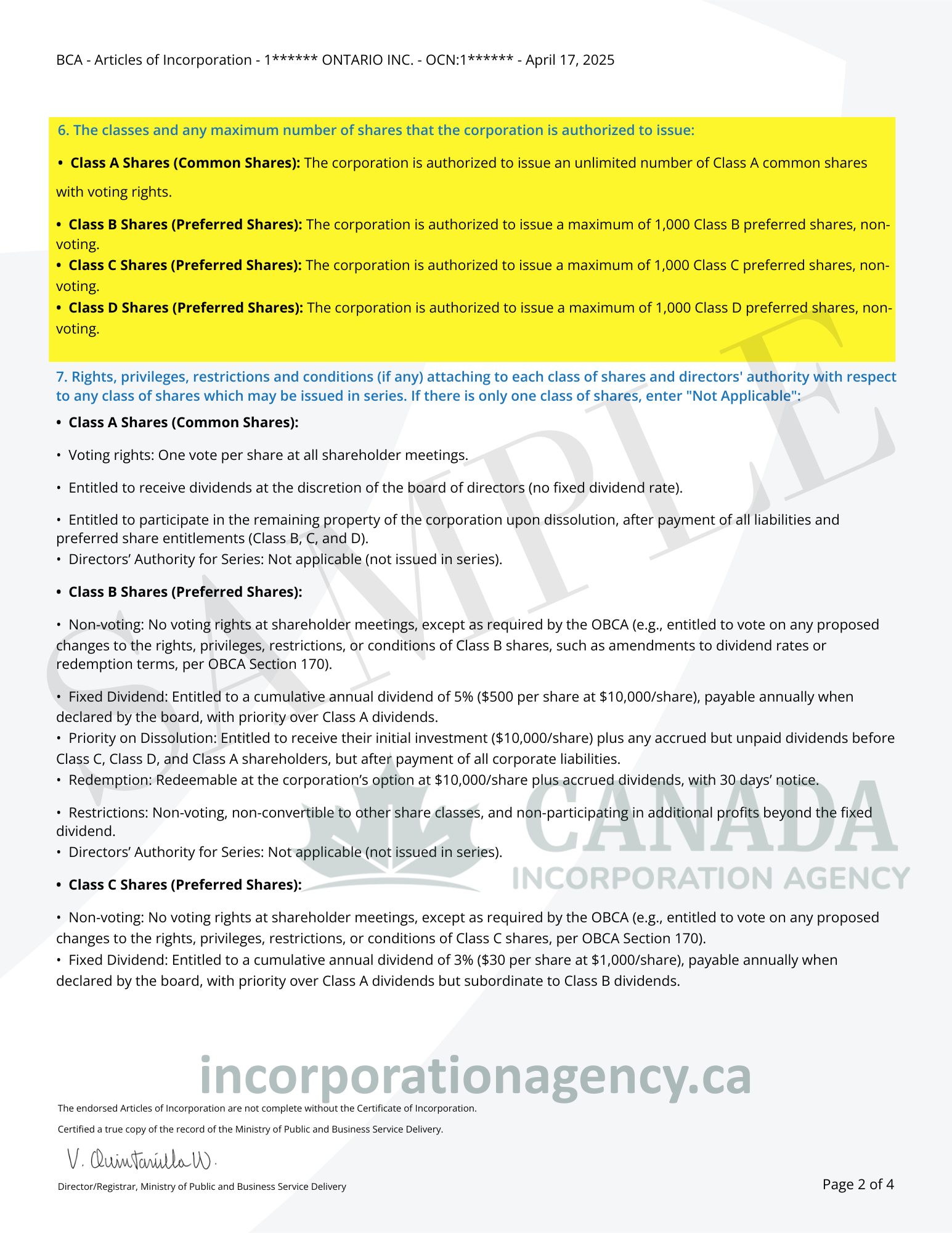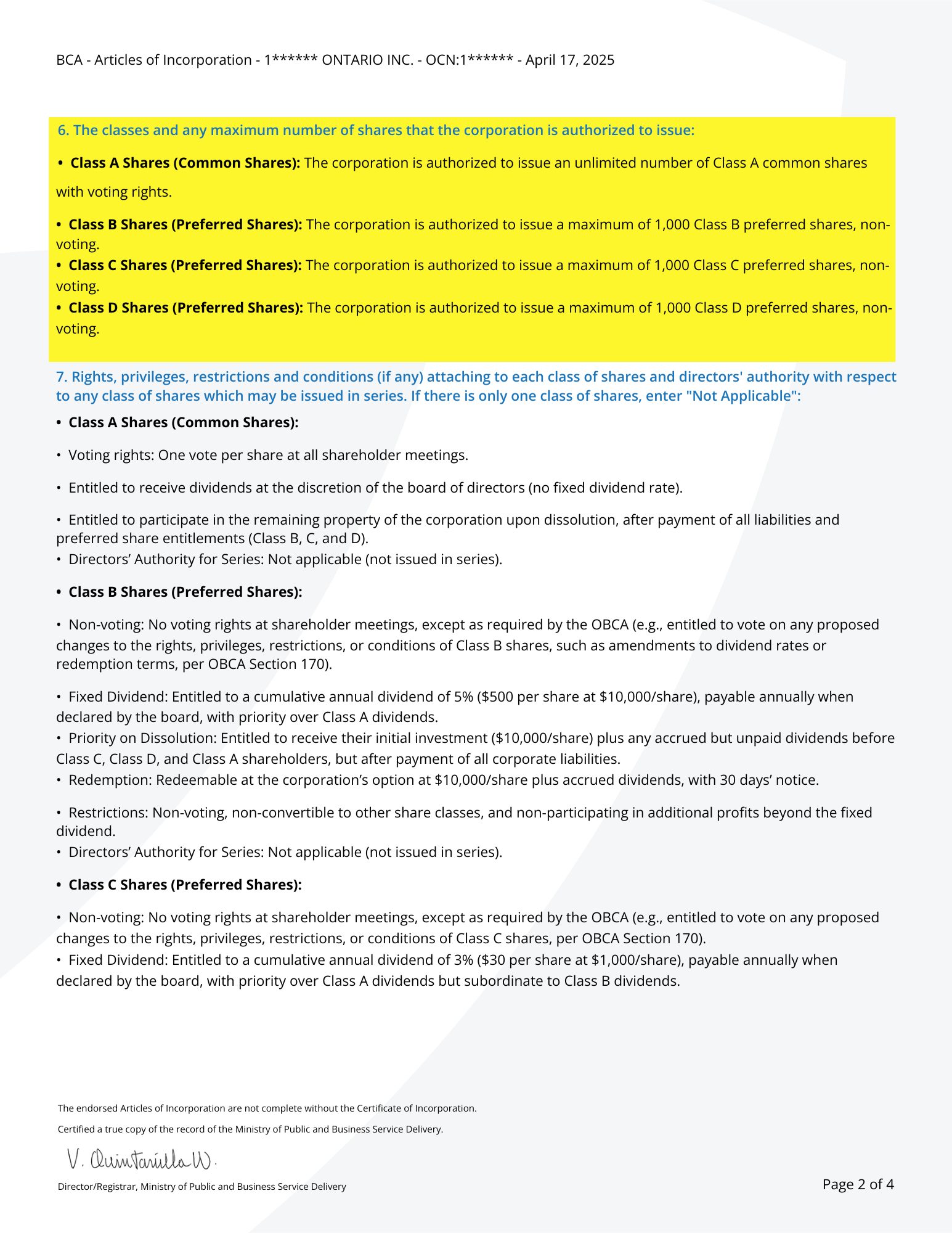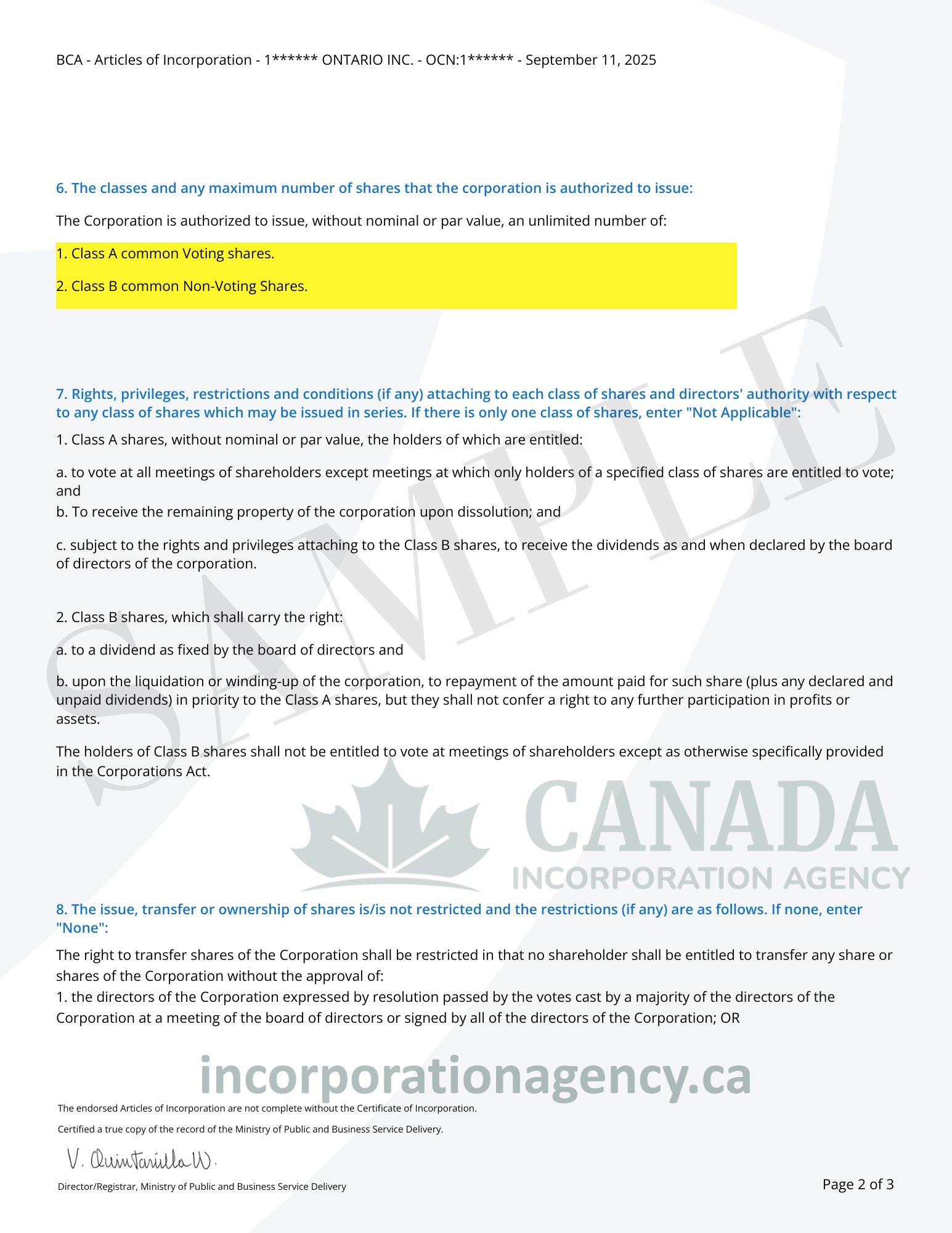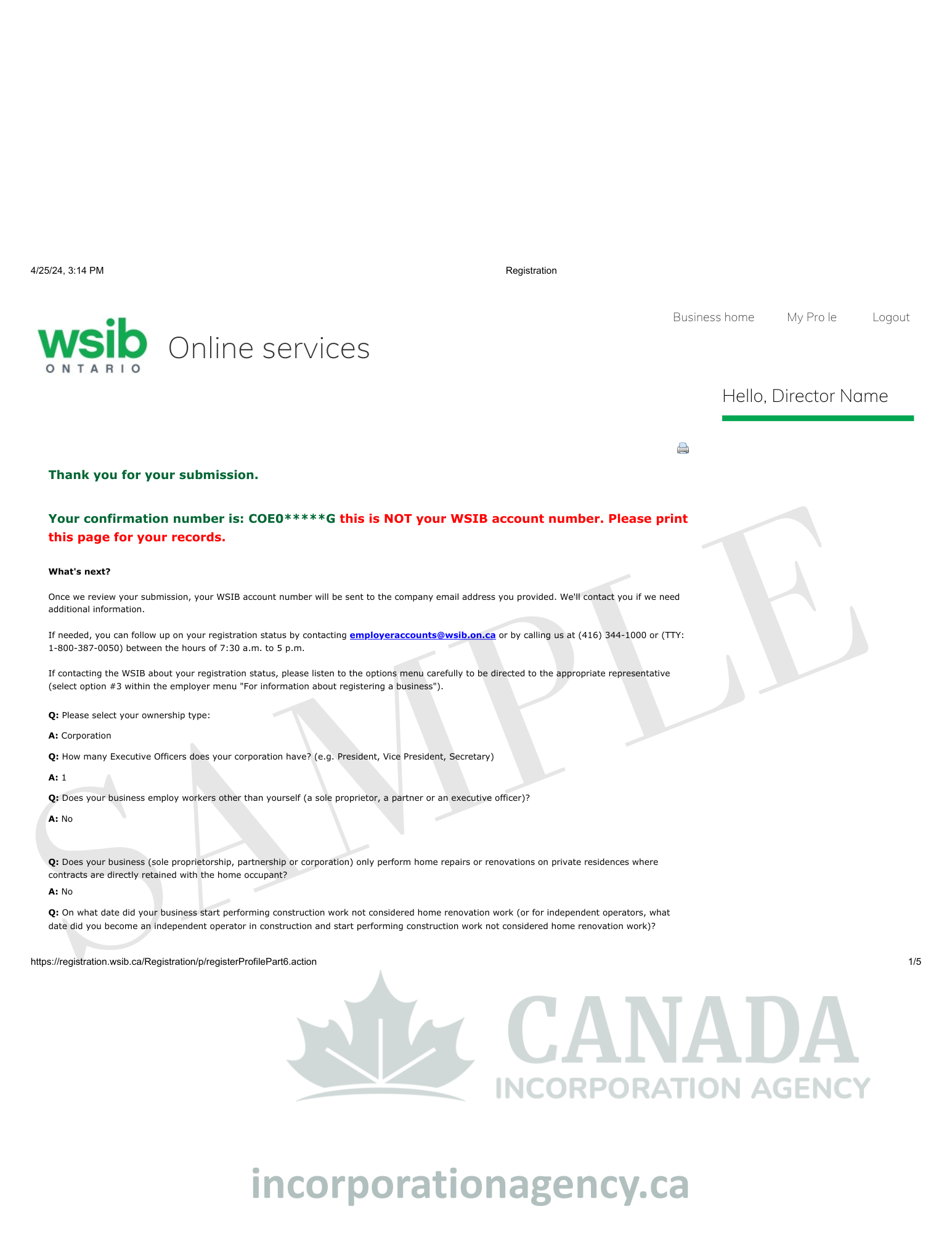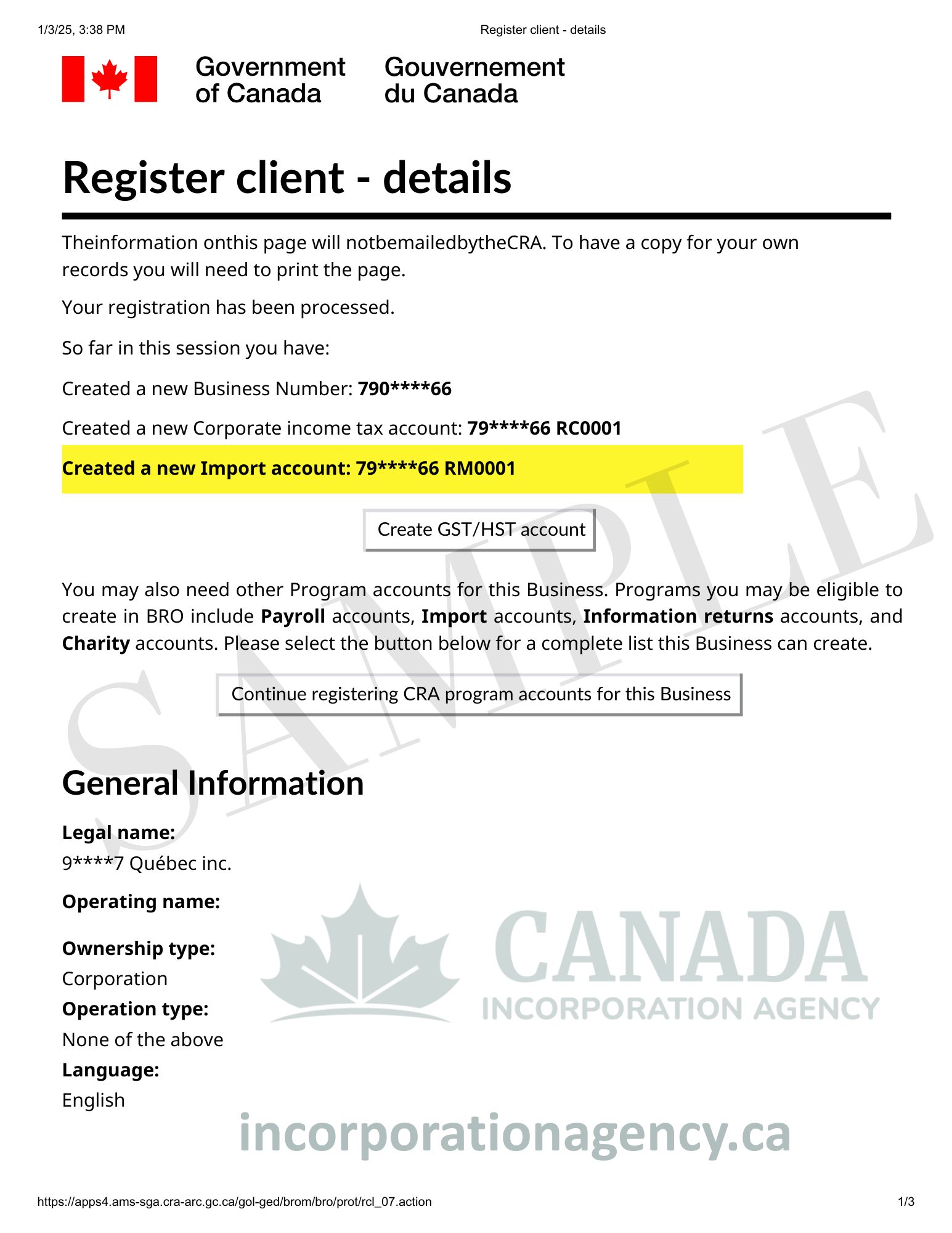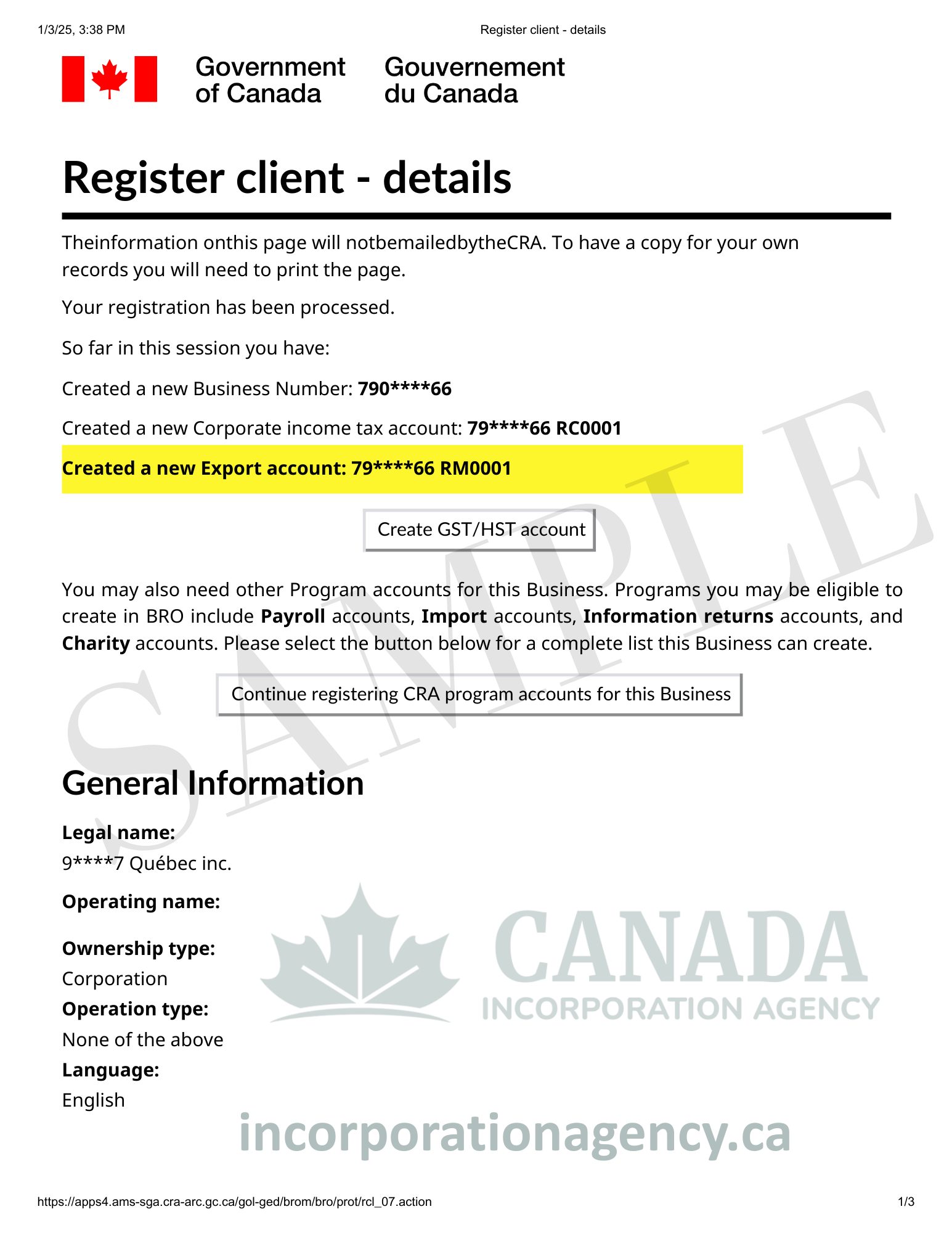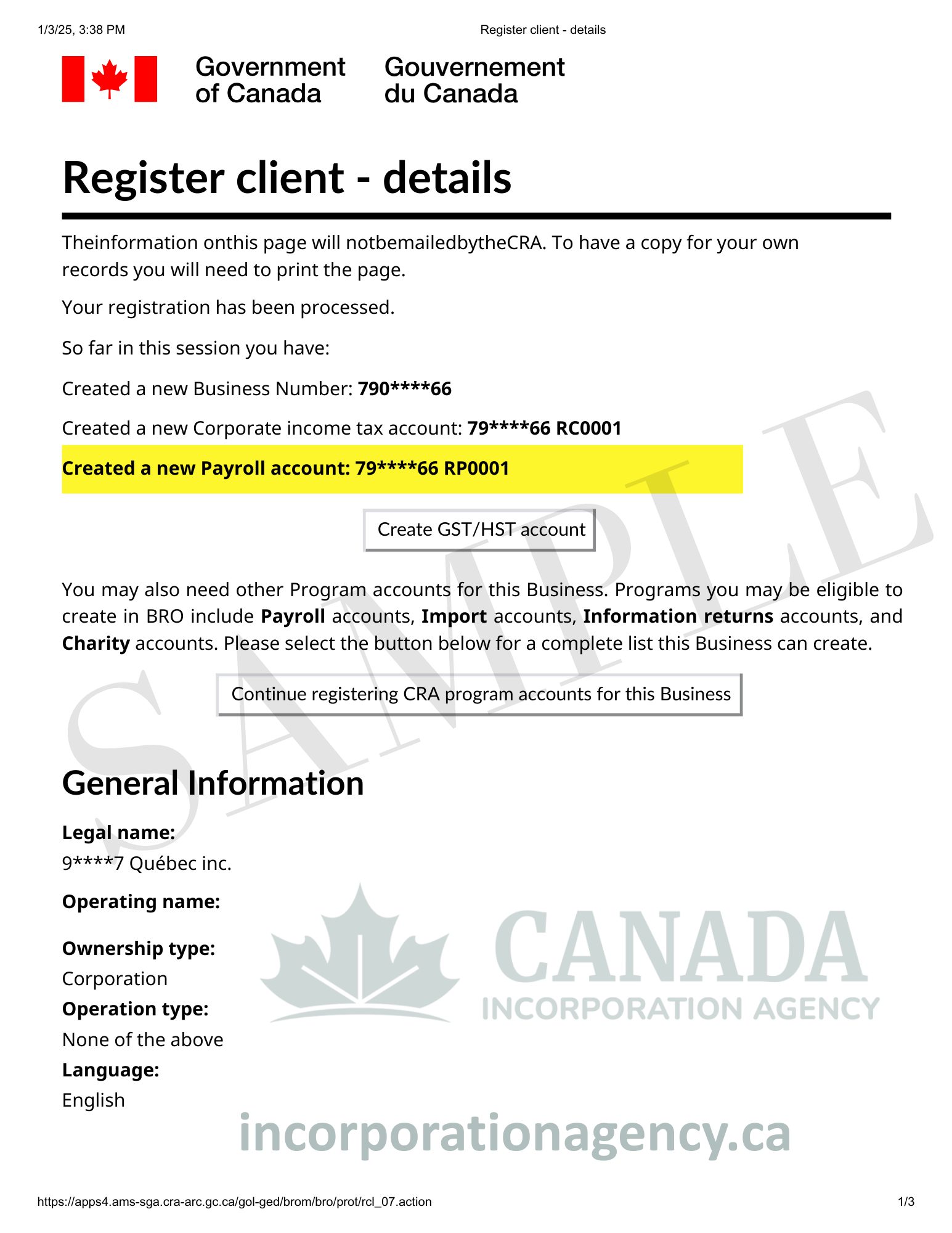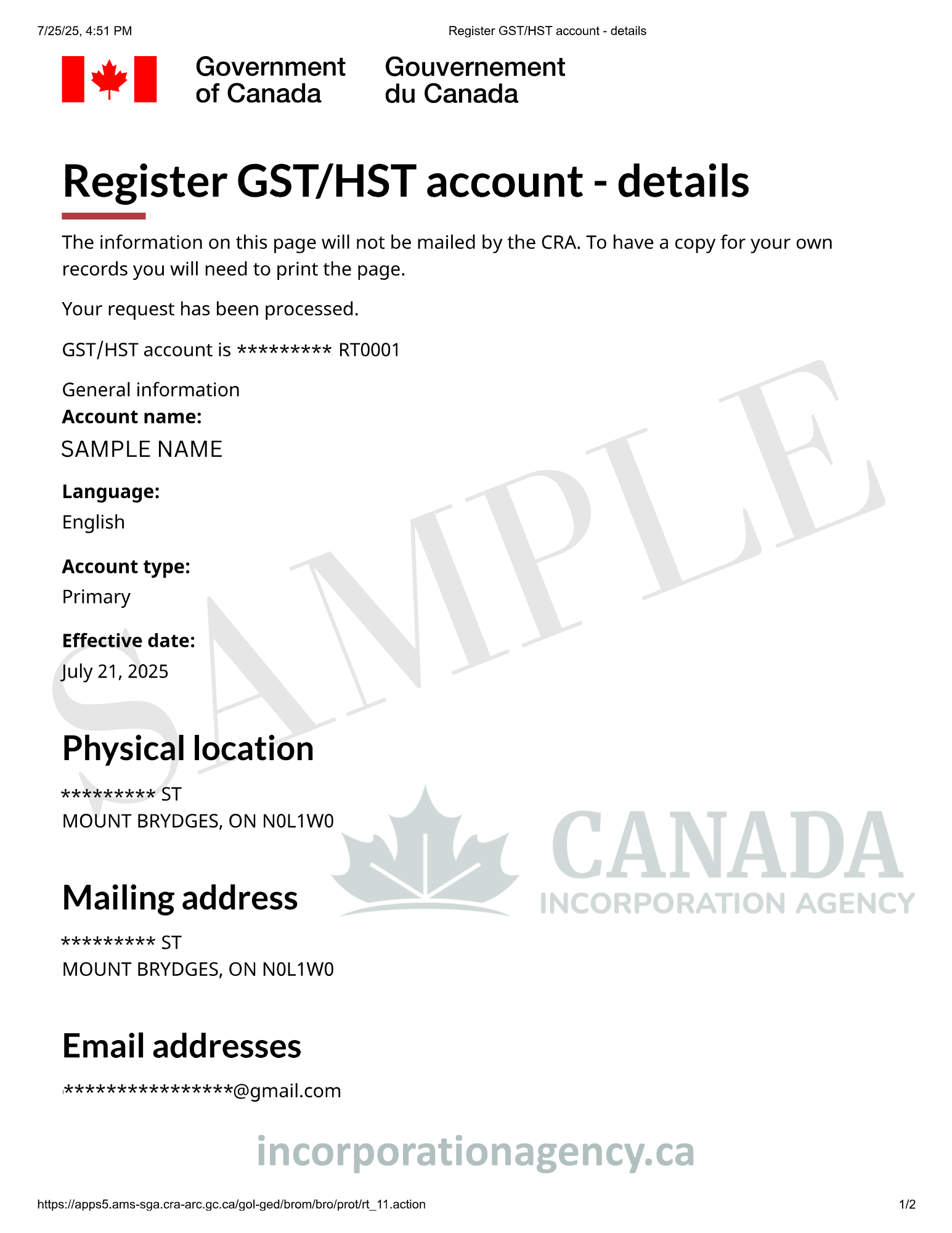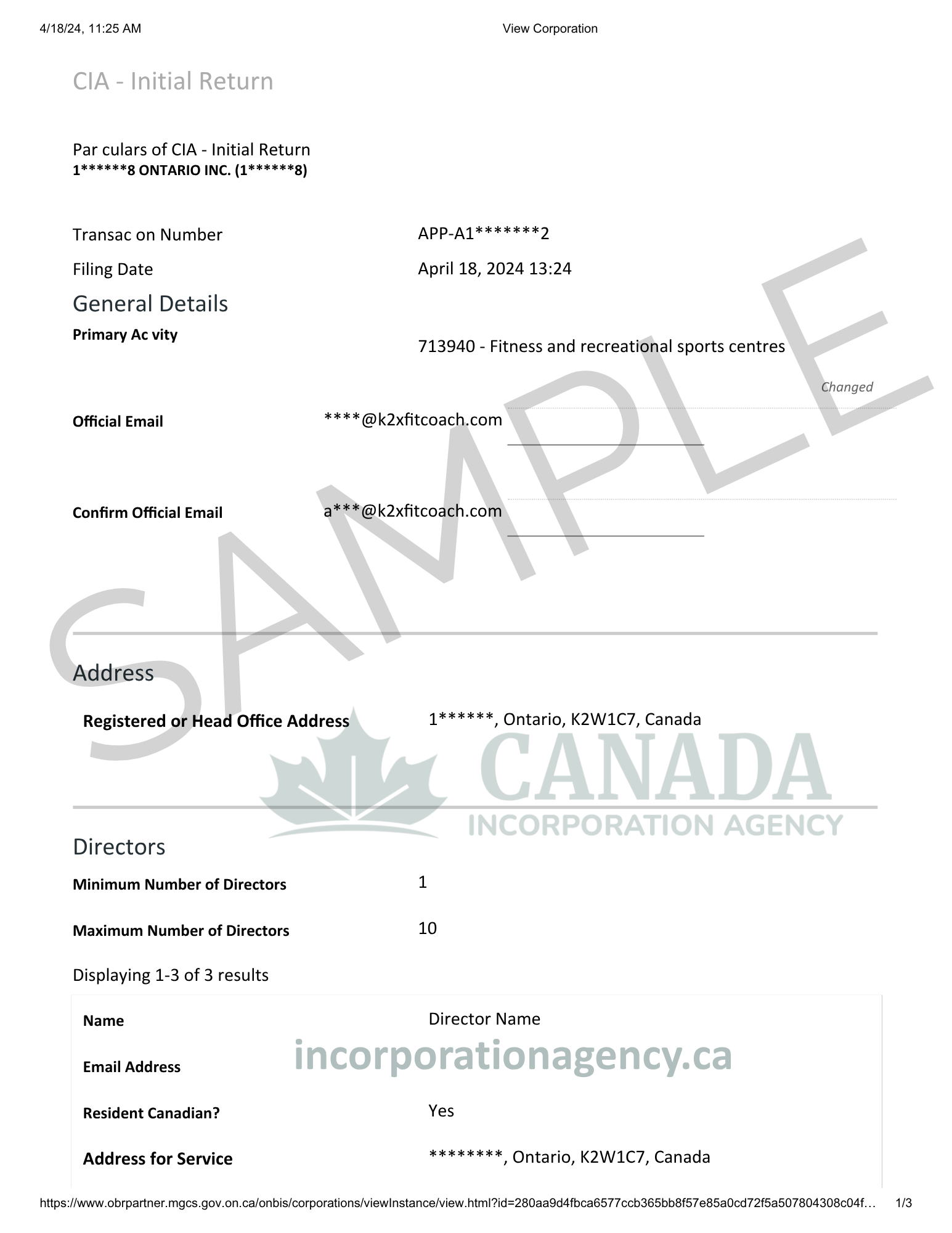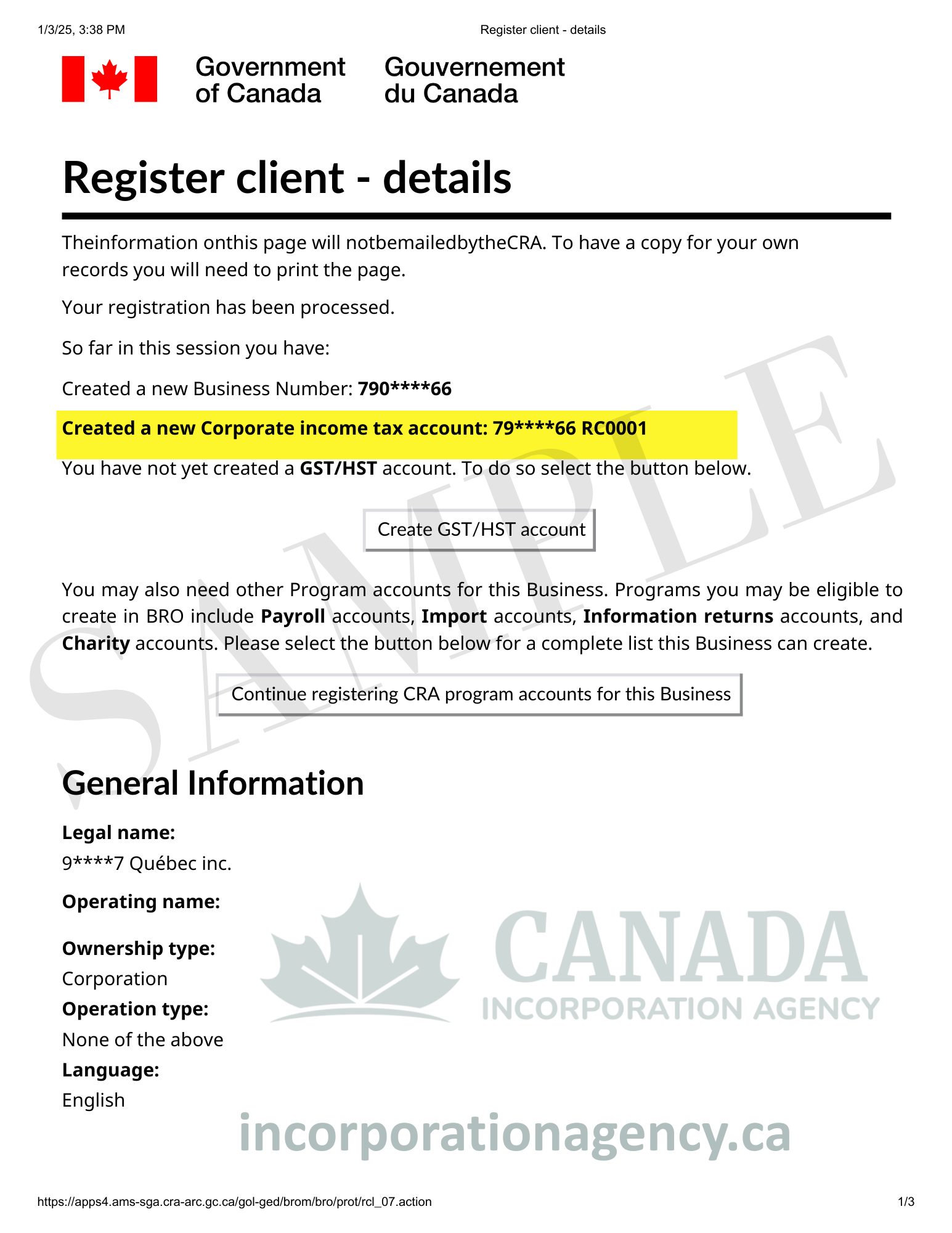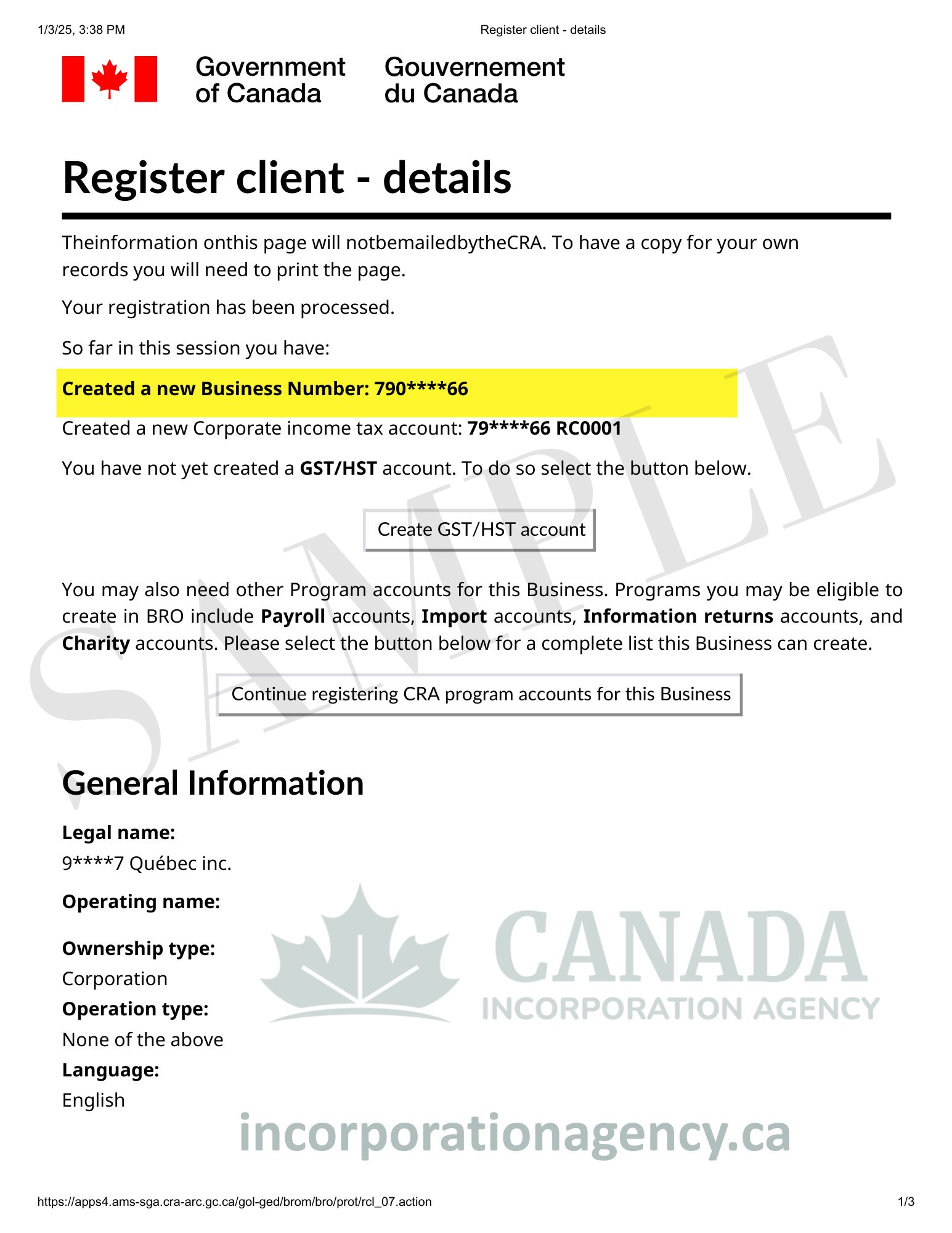Well, you and your friend have been brainstorming around business ideas over a cup of coffee, and now you’re looking to make it formal. Well done! You’re about to start on the crazy world of business partnerships, where you’ll divide profits, losses, and likely some arguments over whether or not pineapple should top your company’s pizza order.
If you’re planning on starting a business in British Columbia, putting the hammer down on a general partnership is one of the easiest methods available for starting a business with one or several partners. Sort of like a marriage, but with more paperwork and (hopefully) less in-laws.
Let’s dive into everything you need to know about registering a general partnership bc style—from the legal nitty-gritty to the “wait, we need to do what now?” moments.
What Is a General Partnership in BC?
A general partnership is basically when you and some other people want to go into business together and divide the profits (and the losses). There is no official corporate structure—it is you, your co-partner(s), and a vision. Think of it as the friendship bracelet of business entities: simple, straightforward, and legally binding in ways that might surprise you.
The Good, The Bad, and The “Wait, Really?”
The Good:
- Easy and cheap to set up (we’re talking less than a fancy dinner)
- Minimal paperwork compared to corporations
- You can start operating pretty much immediately
- Profits flow directly to partners (no corporate tax)
The Bad:
- Unlimited personal liability (yes, that’s as scary as it sounds)
- You’re responsible for your partner’s business decisions
- Harder to raise capital than corporations
- Partnership dissolves if someone leaves or, you know, dies
The “Wait, Really?”:
- Your partner can legally bind the partnership without asking you first
- Creditors can come after your personal assets
- You need to trust your partners A LOT
Understanding the BC Partnership Act
The Partnership Act in BC is like the terms and conditions that everyone clicks “agree” on without reading, except you really should read this one. It governs how partnerships operate in the province and covers everything from profit sharing to what happens when partners have a falling out (spoiler: it’s not pretty).
Key Things the BC Partnership Act Says:
- All partners are equal (unless you say otherwise in writing)
- Profits and losses are shared equally (ditto)
- All partners can participate in management (hello, democracy!)
- Unanimous consent is needed for new partners (no surprise roommates)
The beauty of the Act is that most of its provisions are “default” rules—meaning you can override them with a solid partnership agreement. Which brings us to…
Why You Need a Partnership Agreement
Look, technically you don’t need a written partnership agreement bc to form a partnership. But you also don’t need to wear pants to a job interview. Technically.
What Should Be in Your Partnership Agreement?
A good partnership agreement should cover:
- Ownership percentages – Who owns what? If you’re putting in 70% of the money, you probably don’t want a 50-50 split.
- Profit and loss distribution – How are you dividing the spoils (and the disasters)?
- Roles and responsibilities – Who does what? Someone needs to be in charge of not forgetting to pay taxes.
- Decision-making process – Do you need unanimous agreement, or can one partner buy a life-size mascot costume without asking?
- Dispute resolution – Because you will argue about something eventually. It’s not pessimism; it’s planning.
- Exit strategy – What happens if someone wants out? Or what if someone becomes impossible to work with? (Looking at you, Steve.)
- Adding new partners – The process for expanding your business family.
Pro tip: Don’t cheap out on legal help here. A Canada Incorporation Agency’s professional filing agent can save you thousands in headaches later. Think of it as relationship counseling before the wedding.
Step-by-Step: How to Register Your General Partnership in BC
Okay, enough background information. Let’s get on with the good stuff—the actual registering. Spoiler alert: it’s surprisingly easy.
Step 1: Select Your Partnership Name
First things first: choose a name. This is where bureaucracy meets with creativity.
You have two choices:
Option A. Use Your Own Name
You might simply do business under the names of the parties, such as “Smith and Johnson” or “The Three Amigos Who Peddle Organic Dog Treats.” If you choose this option, you don’t have to even register the name.
Option B: Create a Fancy Business Name
Want to call your partnership something catchy like “Quantum Leap Consulting” or “The Coffee Bean Dream Team”? You’ll need to register that name (more on this in a sec).
Name Rules to Know:
- Cannot be similar to already registered business
- Not allowed to mislead or offense (no “Definitely Not a Front for Something Sketchy LLC”)
- Must include words like “and Company” or “& Co.” if it doesn’t include all partners’ surnames
- Can’t use the incorporation legal elements in the name (no “Inc.” or “Ltd.”)
Step 2: Conduct a Name Search
Before you get too attached to “Synergy Solutions Supreme,” verify if it is available. Nuans Canada Online Service allows you a search for business names that exist.
Cost: Approximately $30 for a search for a name. Worth it to avoid having to rebrand before you even start.
Step 3: Register Your Partnership
Online Filing (the modern way):
- Go to Canada Incorporation Agency website
- Create an account (if you don’t have one)
- Complete the online registration form
- Pay the fee with a credit card
- Boom, you’re done! Our filing agent will contact you to confirm all the provided information and will register your BC partnership within the chosen queue.
Step 4: Fill Out the Registration Form
The registration form asks for pretty basic info:
- Partnership name (if you’re using one)
- Business address (not a P.O. box—they want a real location)
- Nature of business (what you actually do)
- Partners’ names and addresses
- Date the partnership started
- If it’s a limited duration partnership, when it ends
Nothing too scary. Just be accurate because corrections are annoying.
Step 5: Get Your Business Licenses
According to what you’re doing and where, you may need extra licences:
- Municipal business license – Most cities need this
- Professional licences – If you are in a licensed profession
- Industry-Related permits – Restaurants, buildings, etc.
Step 6: Get a Business Number (BN) from the CRA
Head to the Canada Revenue Agency and register for a Business Number. You’ll need this for:
- GST/HST account (if your revenue is over $30,000)
- Payroll accounts (if you’re hiring employees)
- Import/export accounts (if applicable)
This can be done online through the Canada Incorporation Agency service.
Step 7: Open a Business Bank Account
Keep your business finances separate from your personal stuff. Future You (and your accountant) will thank you.
Most banks will want:
- Your partnership registration
- Your partnership agreement
- ID for all partners
- Your Business Number
When to Consider Other Business Structures
Look, partnerships are great, but they’re not for everyone. Consider incorporating if:
- You’re worried about personal liability (as you should be)
- You want to raise money from investors
- You plan to grow significantly
- You want to save on taxes (at higher income levels)
- You value your personal assets (like your house, car, collection of vintage action figures)
BC General Partnership vs Incorporation
| Feature | General Partnership (BC) | Incorporation (BC Corporation) |
|---|---|---|
| Ownership | Owned by two or more individuals who share profits and responsibilities | Owned by shareholders; managed by directors |
| Liability | Partners have unlimited personal liability for business debts and obligations (joint and several liability) | Limited liability – shareholders’ personal assets are protected |
| Startup Cost | Low (approx. $60–$120 for name registration/partnership registration) | Higher (approx. $350+ for provincial incorporation; more for federal) |
| Taxes | Income flows through to partners’ personal tax returns | Separate corporate tax return; access to small business tax rate |
| Business Name Protection | Basic name registration only | Stronger legal protection of the corporate name (provincial or federal) |
| Paperwork & Compliance | Minimal paperwork; partnership agreement recommended | Ongoing compliance: annual returns, corporate records, and meeting requirements |
| Continuity | Partnership dissolves if a partner leaves or passes away (unless agreement says otherwise) | Corporation continues indefinitely regardless of ownership changes |
| Raising Capital | Limited to partners’ contributions or loans | Can raise capital through issuing shares or attracting investors |
| Decision-Making | Shared between partners (as outlined in partnership agreement) | Directors and shareholders make decisions |
| Best For | Small businesses with two or more owners who want simplicity and low costs | Businesses aiming for growth, liability protection, and outside investment |
Frequently Asked Questions (FAQ)
Do you need a lawyer to register a general partnership in BC?
Not really. If you need a professional to draft your partnership agreement accurate and without mistakes – contact Canada Incorporation Agency.
How long does it take to register a General Partnership in BC?
Online registrations normally take 2-5 business days. Paper applications 2-3 weeks (and sometimes longer if there is a problem).
Can I have several partnerships at the same time?
Yes! You can have a business partner for several businesses at a time. As long as you have time, energy, and organizational talent, you should be fine. And make sure you scan through all the partnership agreements for limitations.
What is the difference between a general partnership and a limited partnership?
In a general partnership, all partners share unlimited liability and management responsibilities. In a limited partnership, there are general partners (who manage and have unlimited liability) and limited partners (who invest but don’t manage and have liability limited to their investment). Limited partnerships have different registration requirements.
Do I need to register if I’m just freelancing with a friend occasionally?
If you’re regularly carrying on business together with the intention of making a profit, you’re likely in a partnership—whether you register or not. Registration makes it official and protects your business name.
Final Thoughts: You've Got This
Registering a general partnership bc is one of the simpler ways to start a business in British Columbia. It’s affordable, straightforward, and gets you up and running quickly. Just don’t skimp on the partnership agreement—that document is worth its weight in gold (or at least in expensive lawyer hours you’ll save later). And if you ever get overwhelmed, contact the Canada Incorporation Agency, visit our website or give us a call at 647-945-8893, and we will help to clarify all the information about general partnership registration in British Columbia.

